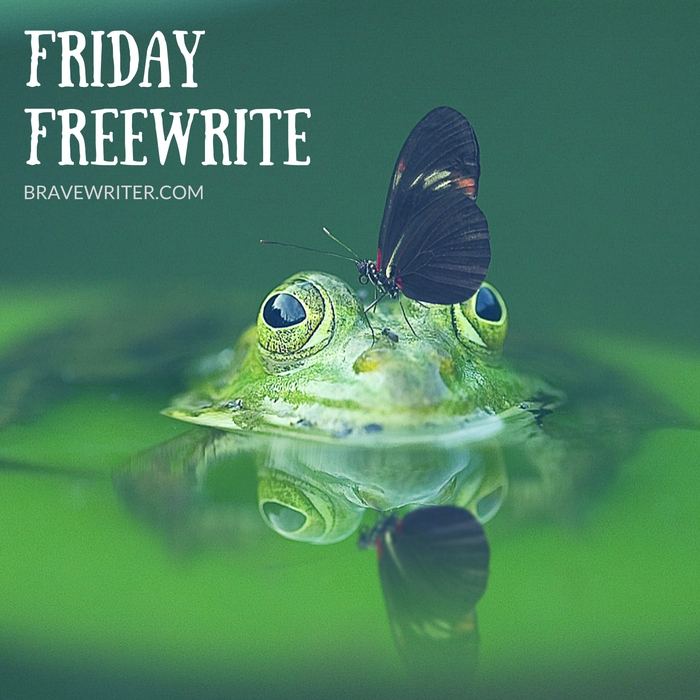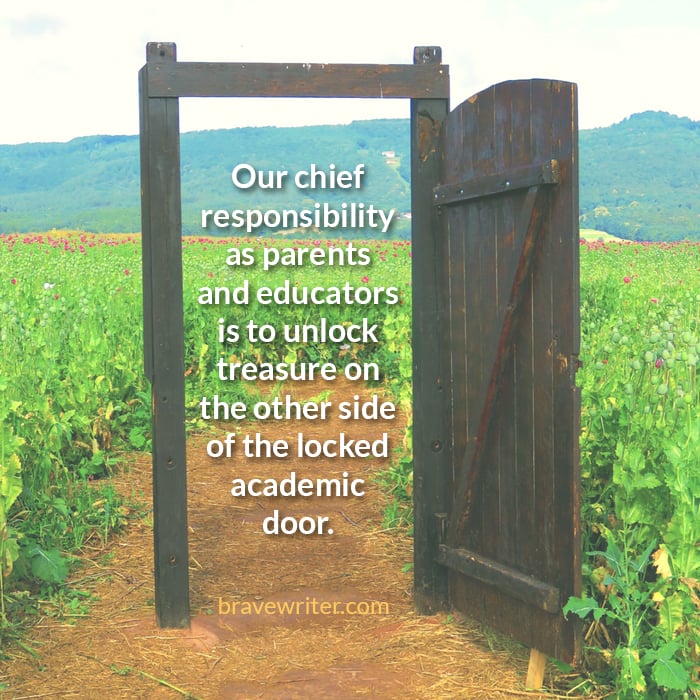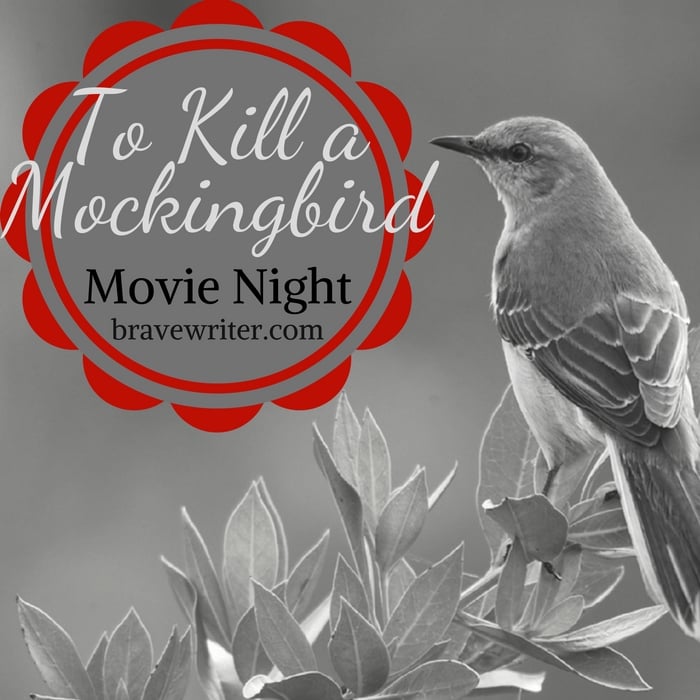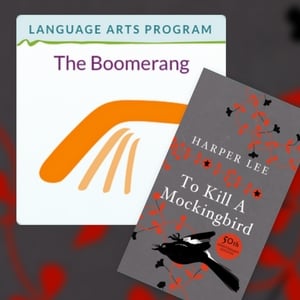
What might these two say to each other? Write a conversation between the butterfly and the frog, and keep in mind that in nature, frogs sometimes prey on butterflies.
New to freewriting? Check out our online guide.

What might these two say to each other? Write a conversation between the butterfly and the frog, and keep in mind that in nature, frogs sometimes prey on butterflies.
New to freewriting? Check out our online guide.
Posted in Friday Freewrite | Comments Off on Friday Freewrite: Butterfly and Frog

We see passion in chess tournaments—and applaud it.
We see passion in video gaming—and shame it.
Why aren’t our kids more interested in chess (we wonder)? Why are video games so compelling to kids (we hand wring)?
Because video games are enchanting. They are filled with treasure hunts, mysteries, problems to solve, doors to unlock with special keys, magical appearances, plinks and shimmers of sound and visual delight. Video game-makers create passionate fans because they know how to build worlds that enchant children!
Which frustrates the living day lights out of most of us!
I get asked: Is it possible to enchant academics? I say a resounding “Yes!”
Adults need a paradigm shift. We need to refrain from asking if what children are learning will serve them later and instead look at what they are learning right now that they value.
Let me say that again.
Our chief responsibility as parents and educators is to unlock treasure on the other side of the locked academic door. We want to move from “Pages completed” IS the goal of education to asking: What’s the mystery, surprise, risk and adventure inherent in fractions or pronouns or the revolutionary war?
We become enthusiastic readers because there are stories —surprises, heartaches, relationships, the keys to becoming a whole healthy happy loved person, the dire mistakes made by others laid before us so we might learn to do better.
We read to become proficient in repairing a lawn mower or to bake a pineapple upside down cake! We read for the playfulness of language—the linguistic gymnastics of poetry and tongue twisters! Why is math different? What is the exceptional experience of becoming mathematically proficient?
The kids who catch on play with math like to play with Legos or video games. They program or build, they apply math to their ordinary lives and you never hear about it (it happens inside).
I remember Noah created a multiplication table that was built from base 12. That means he introduced two new characters into his multiplication system, and then had to actually carry those digits through as he multiplied. And he did it. Himself. No assignment. That little times table lived in his wallet for years.
You should also know that in his math class in high school, he wrote poems during his first math test. Math, poetry—they were friends, not separate subjects.
It isn’t just for the few. It isn’t “Well my kid isn’t that interested in learning” or “You haven’t met my kids.”
Learning is so natural, your children are already passionate fans of it. What adults sometimes fail to see is the passion inside the child’s mind.
The passionate interest of a child is invisible to the parent/educator and therefore, it goes unappreciated or even unknown! Sometimes when we find out what’s there, we don’t value it at all.
I like to say that the least taught literary element in writing is: surprise. Yet everything in writing depends on it. Surprising language, plot twists, unexpected facts, a quote about a topic that is shocking given who said it—this is how writers find readers every day. They say what no one will say or they say it in a way you haven’t heard it before.
You will stop reading if there is no surprise coming. If you think you know what’s ahead, you won’t finish the book or the page or the article.
Take that principle—the element of surprise, the element of subversion, of mystery, of risk, and adventure—and right now, apply it to your homeschool.
Make it smaller. Is there anything to look forward to, today, in my home?
Homeschools gone wrong are trying too often to apply systems. Parents are looking to eliminate surprises (like low scores, or unruly behavior, or messes, or distractions). We are literally working against our best ally for education most days.
What if you embraced what you consider an obstruction to your carefully planned curriculum? What if you could see the magic in the mess, in the rabbit trail, in the off-task inspiration? What if you could do that just once this week (not every day, not every time)?
Give your kids the chance to surprise you. You don’t have to create surprises for them nearly as much as you need to be open to the element of surprise in them. The next time someone asks you to look at what they are reading, doing, seeing, STOP—and read, watch, be interested. Get inside that amazing mind of your child. It is all mystery and surprise in there!
There is enough in the mind of a child to lead to a lasting education for a lifetime.

Posted in Brave Writer Lifestyle, Homeschool Advice | Comments Off on A little enchantment goes a long way

Some films are nearly universally acknowledged to be great—memorable, well made, complex films which impact the world. To Kill a Mockingbird is one of those films. It’s hard to view, with its honest depiction of prejudice and hatred and a not entirely happy ending, but it’s a rewarding watch if you persevere.
[This post contains Amazon affiliate links. When you click on those links to make purchases,
Brave Writer receives compensation at no extra cost to you. Thank you!]
Scout and Jem Finch live in a quiet town in Alabama in the 1930s. They spend their days playing with their friend Dill, swinging on their swing, and trying to catch glimpses of their reclusive neighbor Boo Radley, who only seems to leave his house at night. But their innocent life is changed forever when their father Atticus, the town lawyer, is tasked with defending a black man, Tom Robinson, accused of a horrible crime.
In a town where white people are often considered superior, Atticus knows the court will be unjust to Tom. But he’s brave enough to defend him anyway, and the resulting trial will teach Scout and Jem a lot about the adult world and how other people think.
It may be over fifty years old, but To Kill a Mockingbird is still a beautiful, important film and is considered by many to be one of the greatest ever made.
26 Foods in Alabama – Try some of these delicious popular southern dishes.
8 Inspiring Quotes from To Kill a Mockingbird – A collection of some of the most memorable quotes said by Atticus Finch.
Northern Mockingbird – Learn about the sassy bird after which the story is named.
 Learn language arts naturally with the To Kill a Mockingbird Boomerang!
Learn language arts naturally with the To Kill a Mockingbird Boomerang!
The Boomerang is a monthly digital downloadable product that features copywork and dictation passages from a specific read aloud novel. It is geared toward 8th to 10th graders (ages 12—advanced, 13-15) and is the indispensable tool for Brave Writer parents who want to teach language arts in a natural, literature-bathed context.
Posted in Wednesday Movies | Comments Off on Movie Wednesday: To Kill a Mockingbird

by Jean Hall
A mountain range of brightly colored, oddly shaped plastic pieces were sprawled across the entire den floor. My 18- and 22-year-old sons were enjoying a last few days of sibling time before one moves north to college and the other moves south to marry his fiancé, and this playtime was thinly disguised as reassembling their old Bionicle sets to sell.
My youngest plunged his hand deep into the mountain and pulled out an orange bit the size of a ball point pen’s nib. “Set this aside – it’s Keetongu’s eye, and it’ll be hard to find later.”
My oldest picked up a fairly straight piece that looked suspiciously similar to the other 8 million pieces. “We should do this set next!”
“Oooh, Axalara!” answered the youngest. “That would use up 693 pieces.”
I stared in amazement. All I saw was an incomprehensible jumble, meaningless detritus, but my boys not only recognized the pieces, but could identify the sets by name and size.
“You’re judging us aren’t you?” laughed my oldest.
“Let me test a theory,” I answered. “How many parts of speech are there?”
After a moment of silence, one ventured an uncertain guess: “Maybe six?”
Close.
But not as accurate as the size of the Axalara set they received seven Christmases ago (which we confirmed with Google).
“It’s amazing what you can learn if it’s fun,” said my oldest.
Their attention moved away from me, back to the serious business at hand.

It is amazing, isn’t it? What if we taught Bionicles as a school subject?
I think I could study Bionicles for years and never master the volume of material that my boys devoured. They ingested it. Stored it. Retained it even years later, when so many other facts learned along the way had been discarded.
It wasn’t studying. It was fun.
I’m reminded of a favorite da Vinci quote:
My advice for homeschooling: have fun. The kids will learn more.
 Jean Hall is a veteran instructor of high school students and an expert at helping them become proficient in the SAT and ACT timed writing tests.
Jean Hall is a veteran instructor of high school students and an expert at helping them become proficient in the SAT and ACT timed writing tests.
Jean’s Brave Writer Classes:
Posted in Homeschool Advice | Comments Off on It’s Not Studying

Think about a time when you competed and won (or lost). Now write about it from the perspective of an overly enthusiastic sportscaster or onlooker.
New to freewriting? Check out our online guide.
Posted in Friday Freewrite | Comments Off on Friday Freewrite: Competition

I’m a homeschooling alum -17 years, five kids. Now I run Brave Writer, the online writing and language arts program for families. More >>
IMPORTANT: Please read our Privacy Policy.















